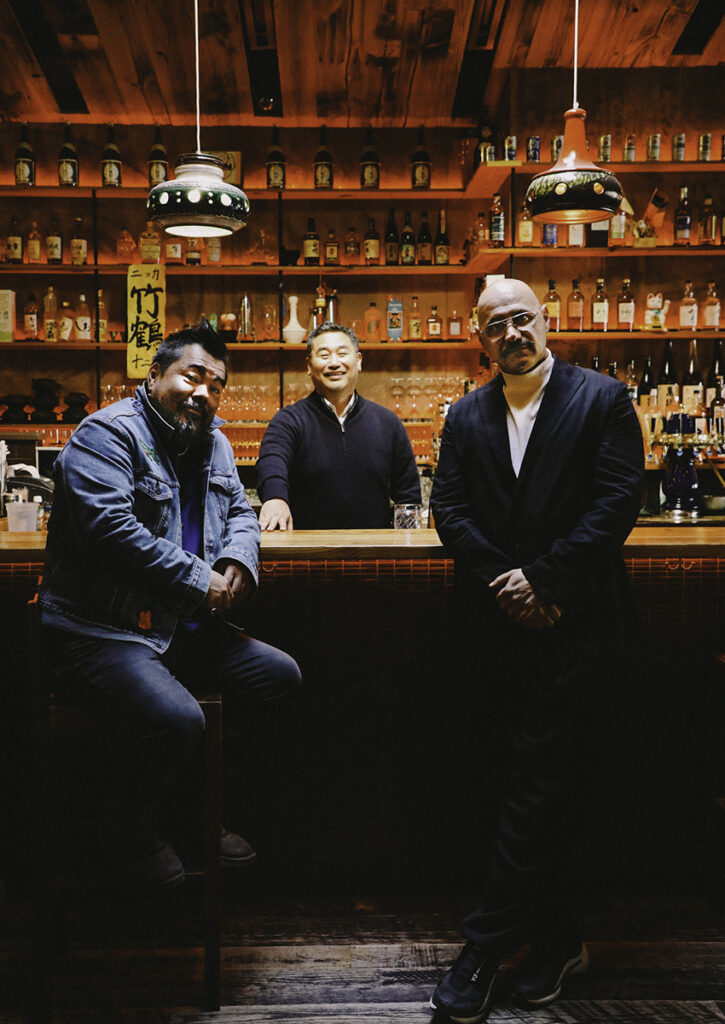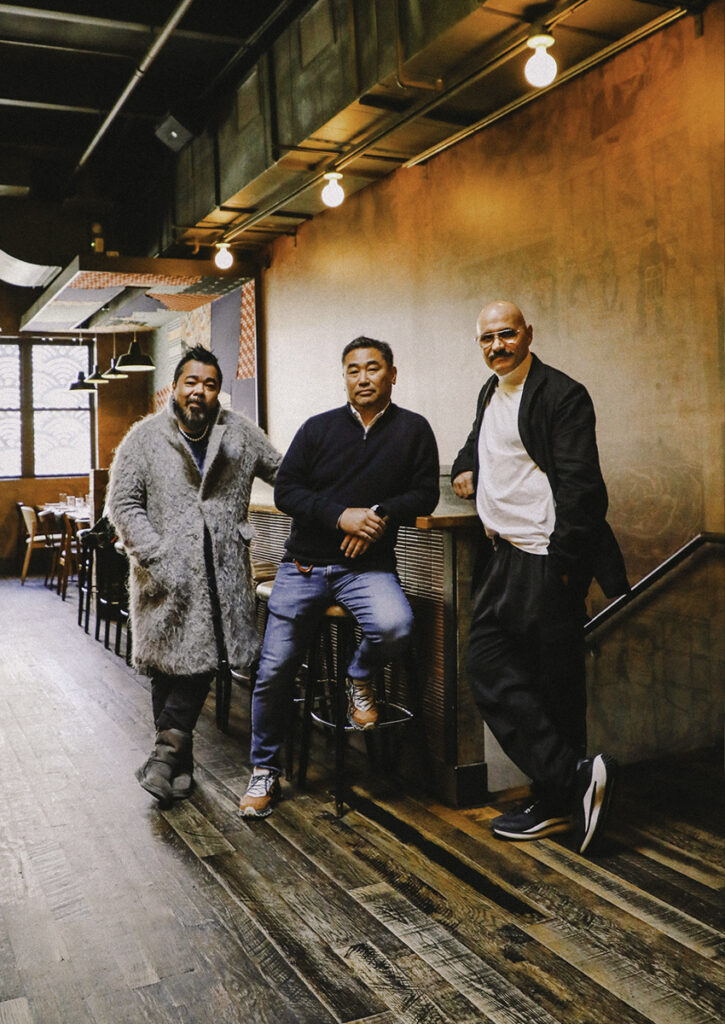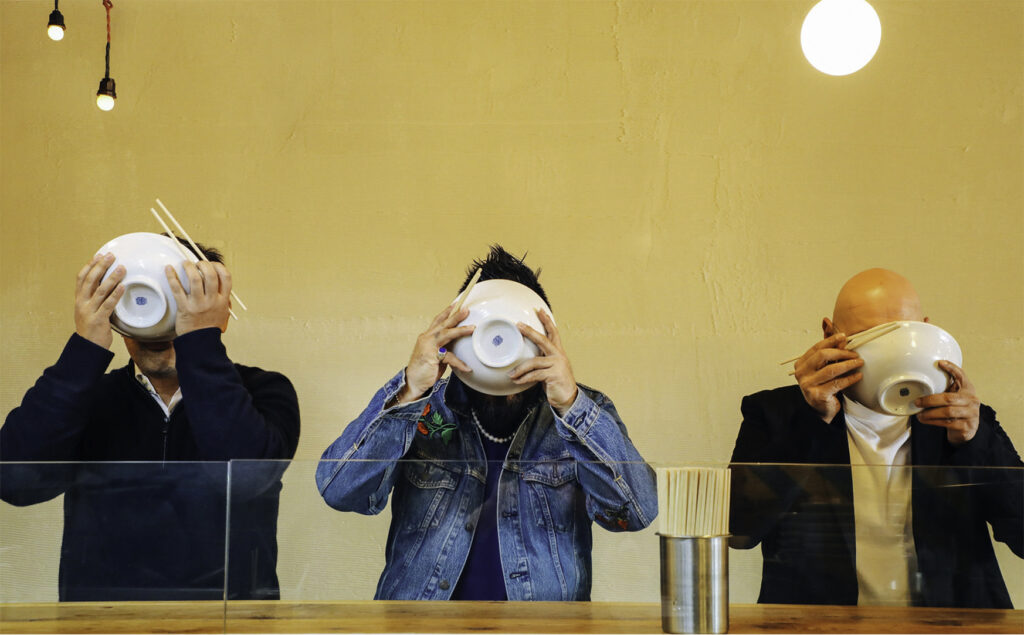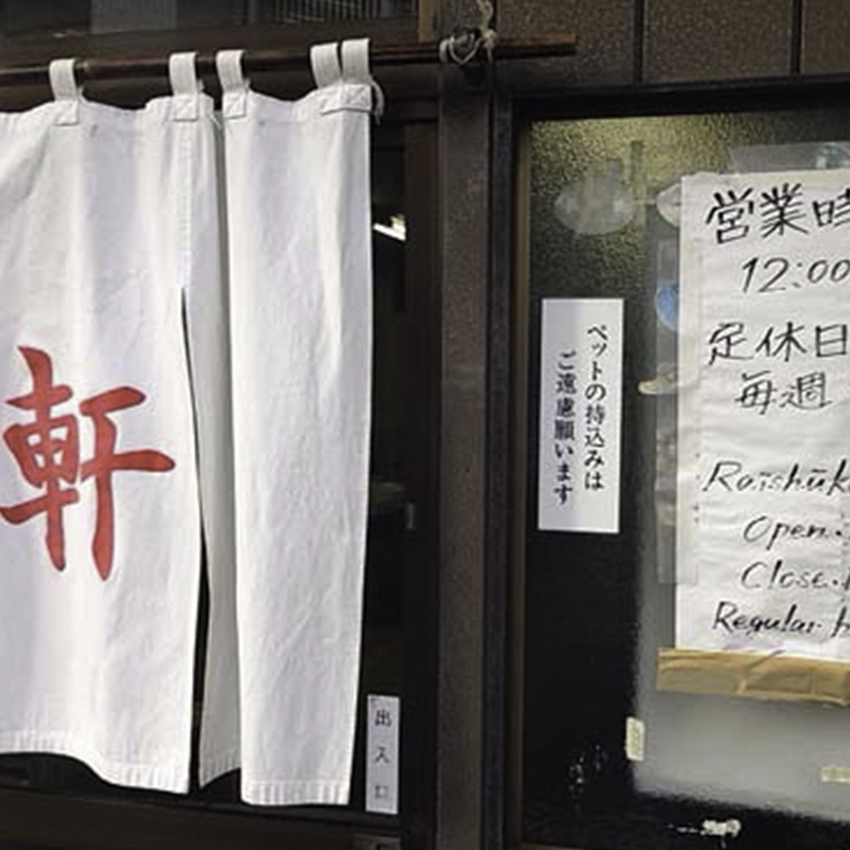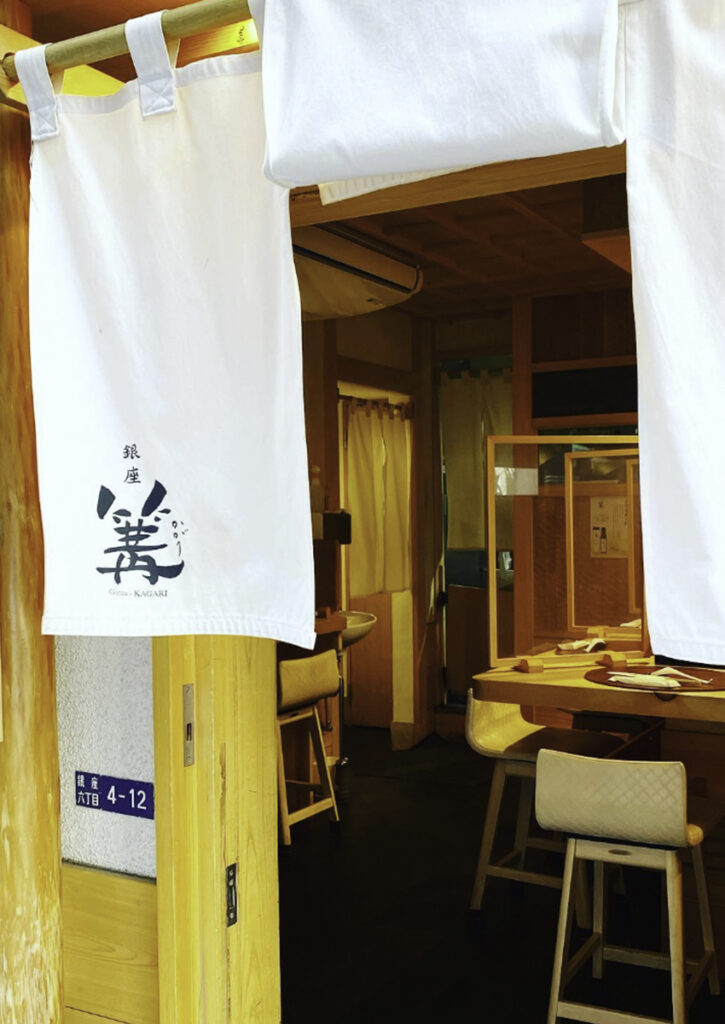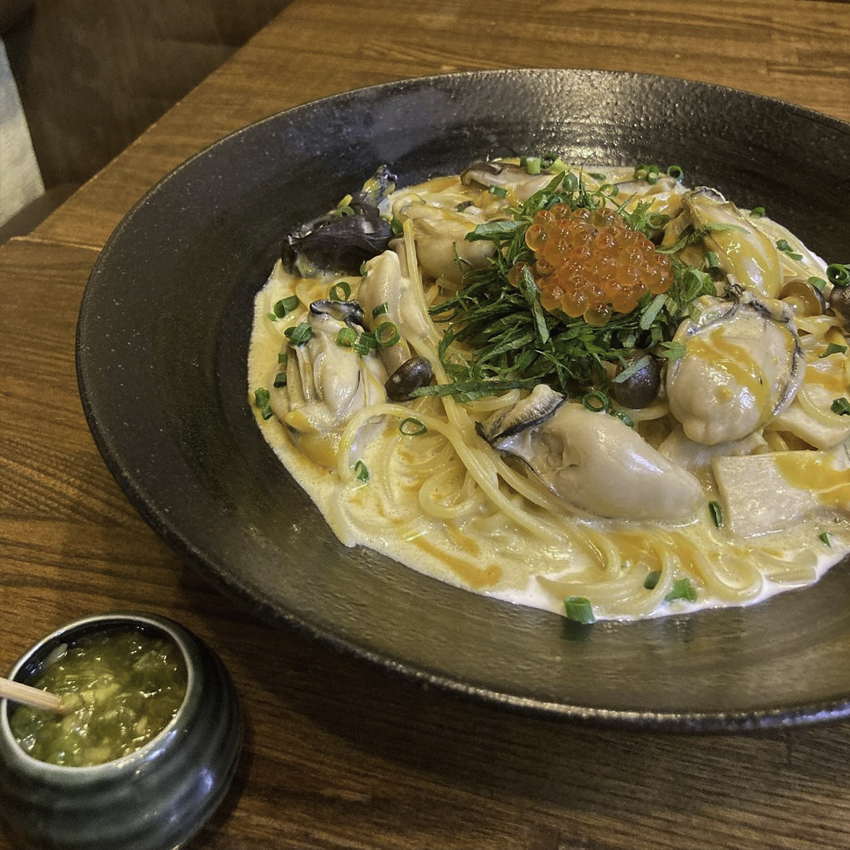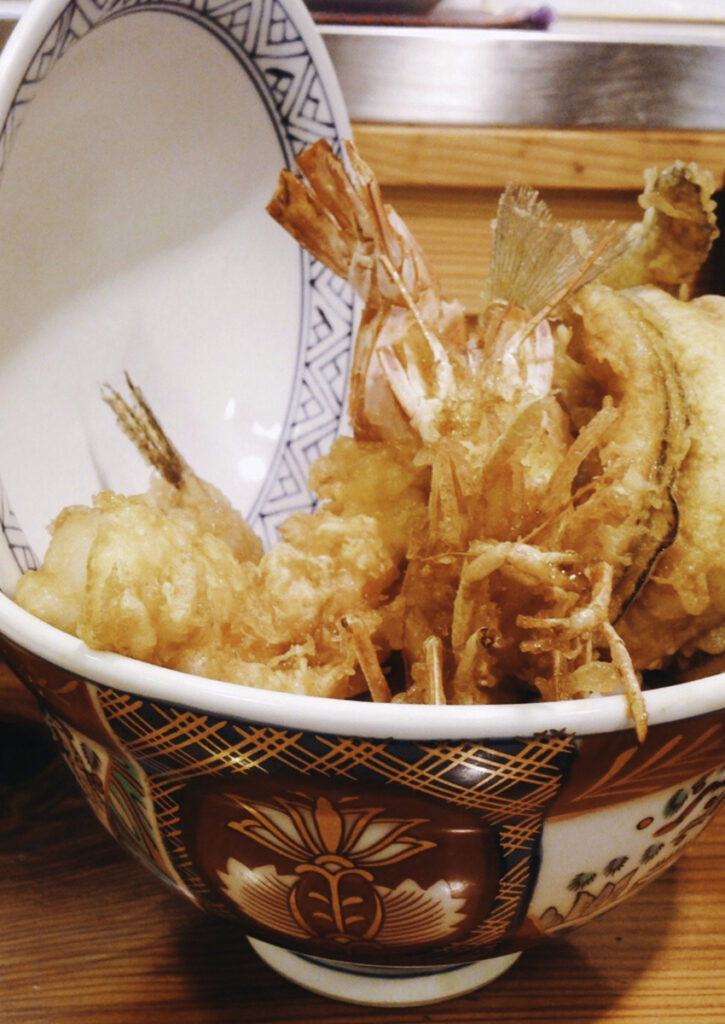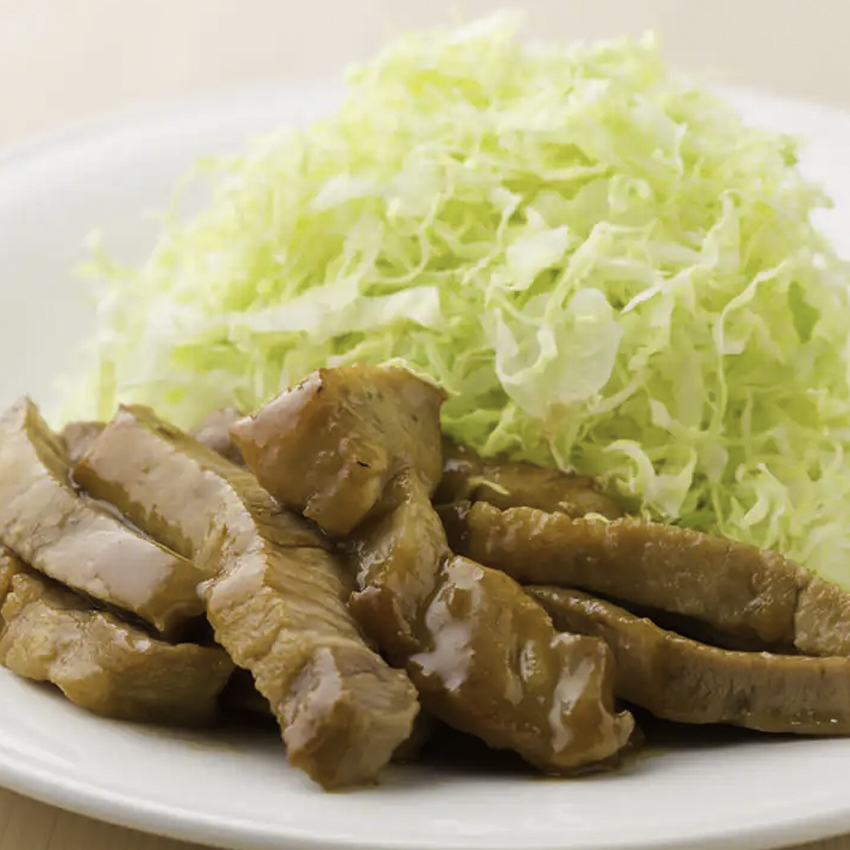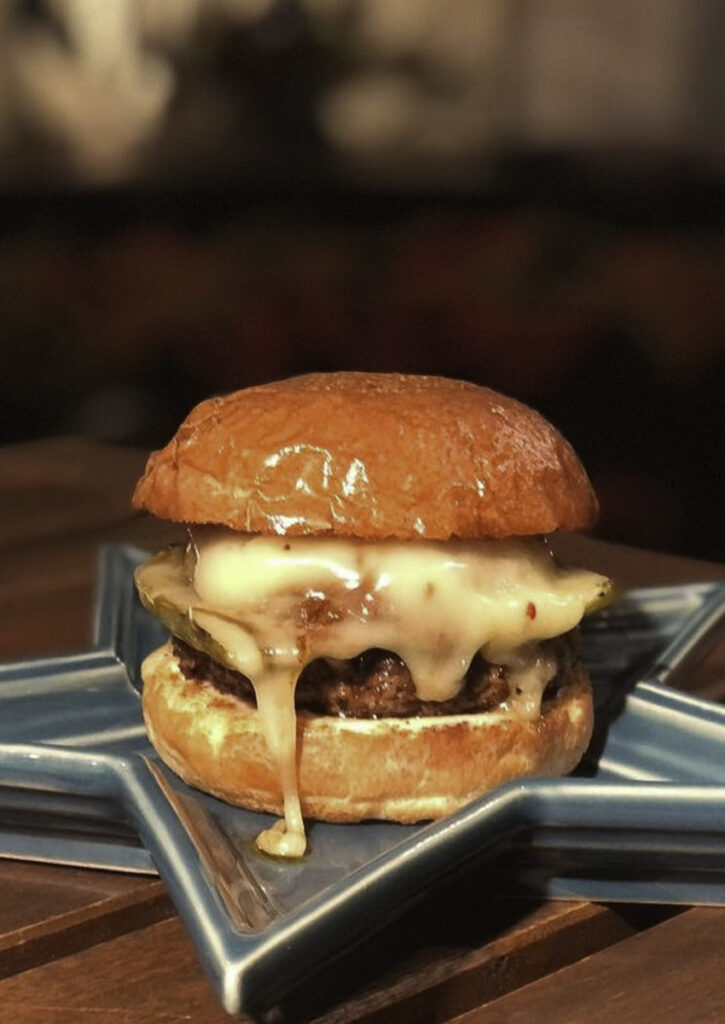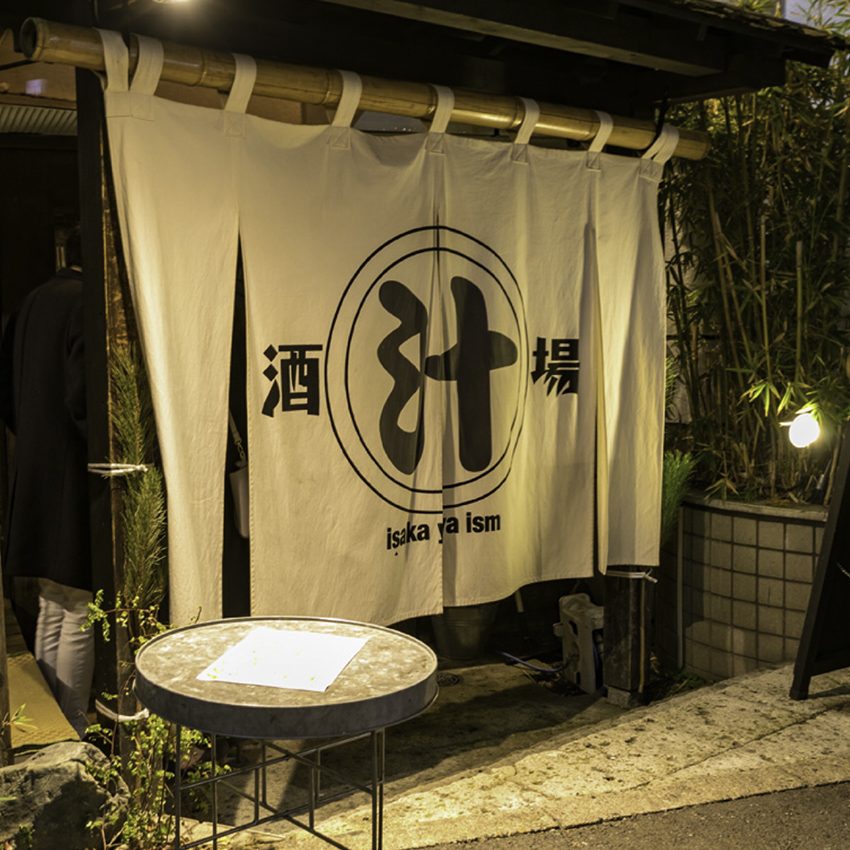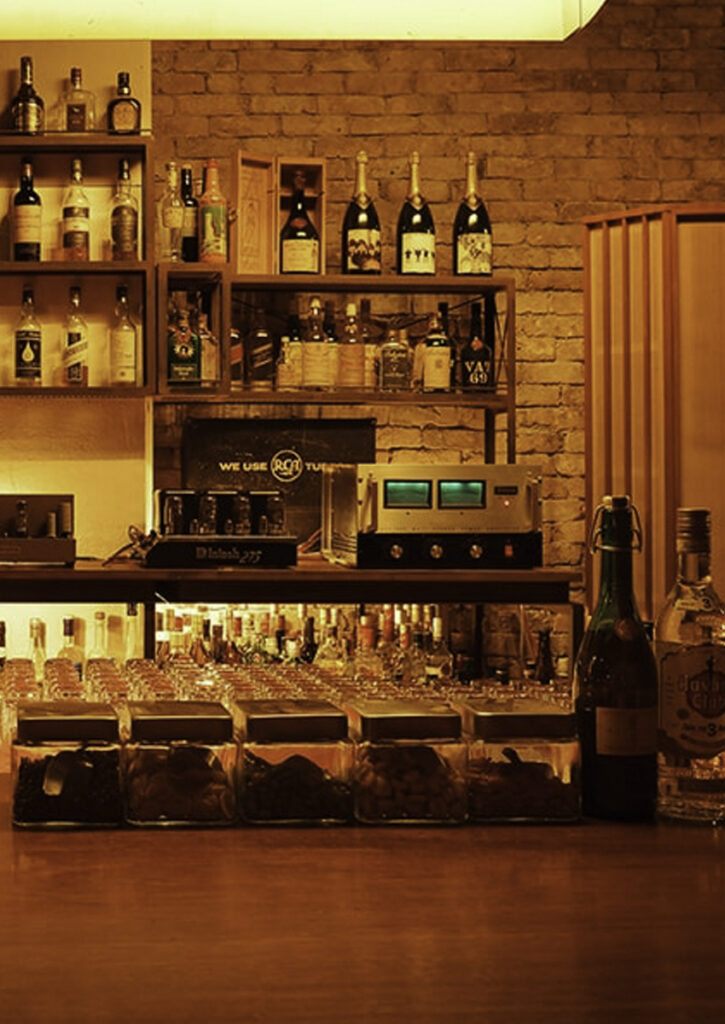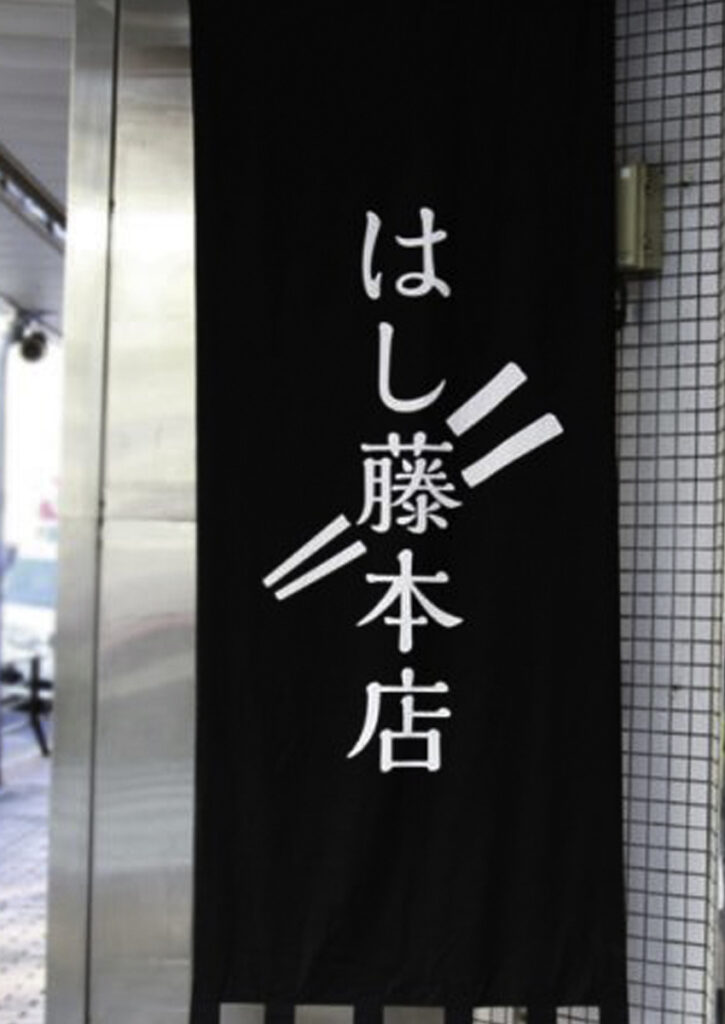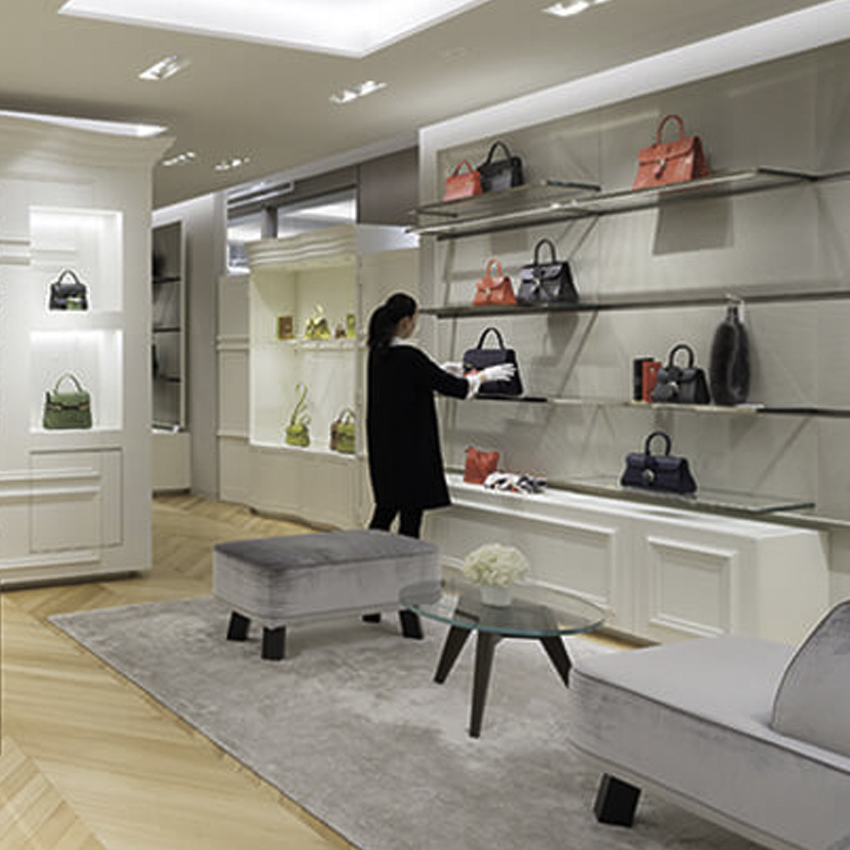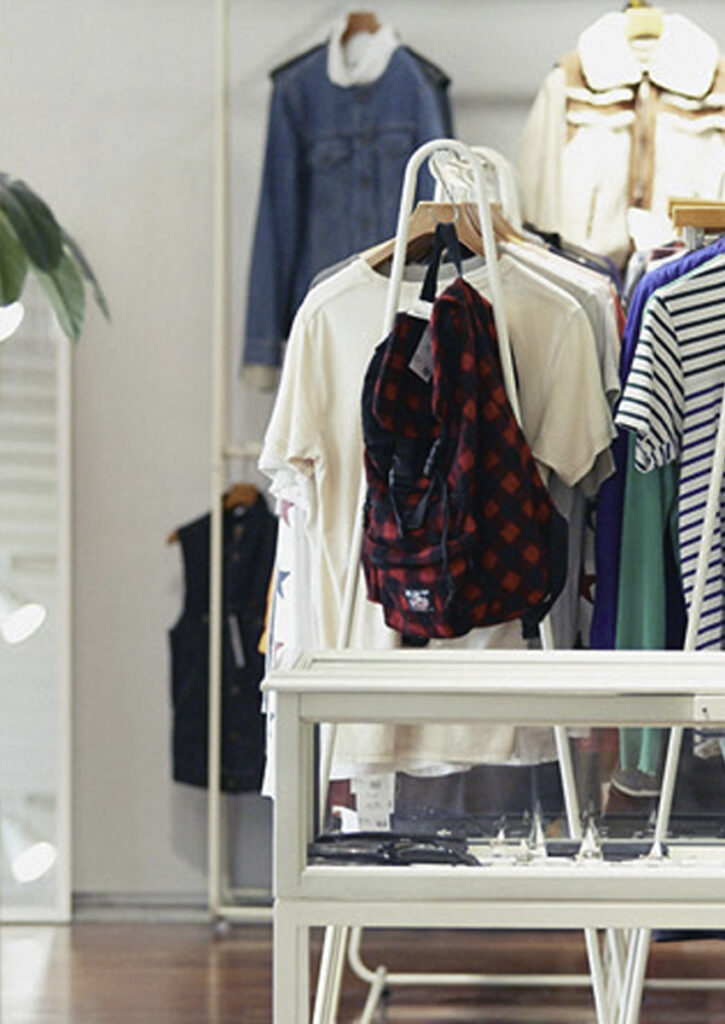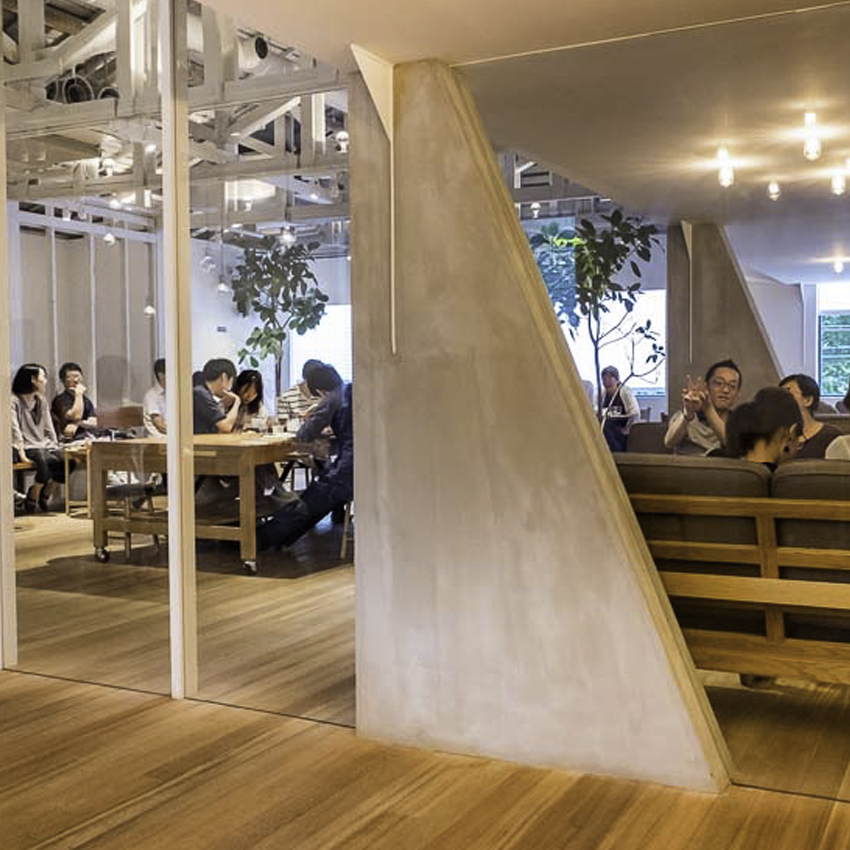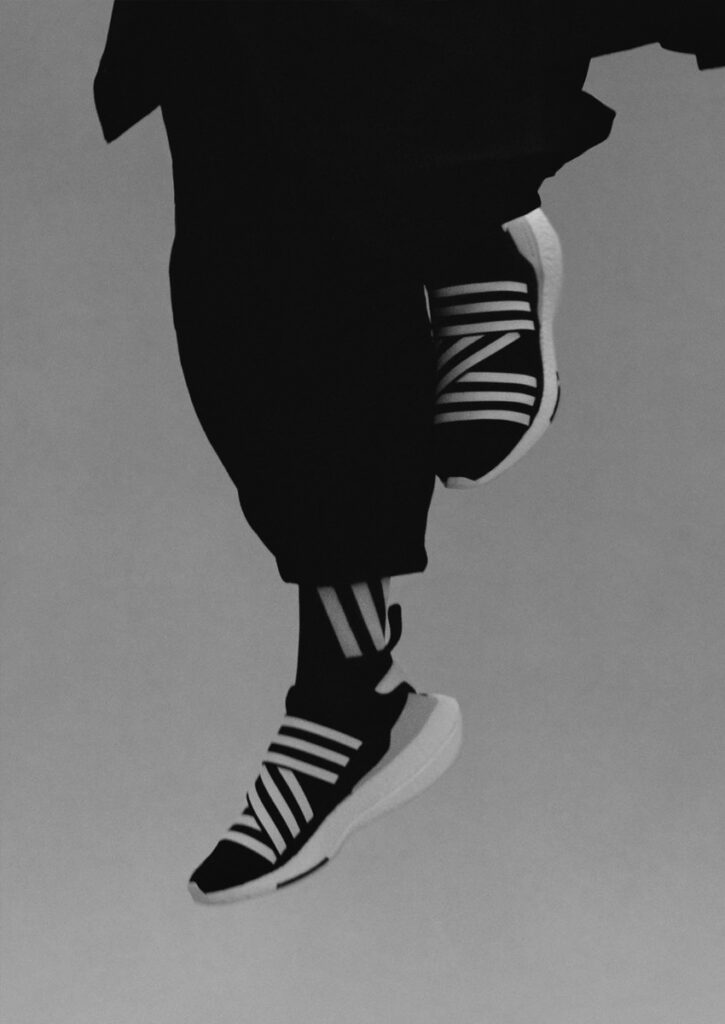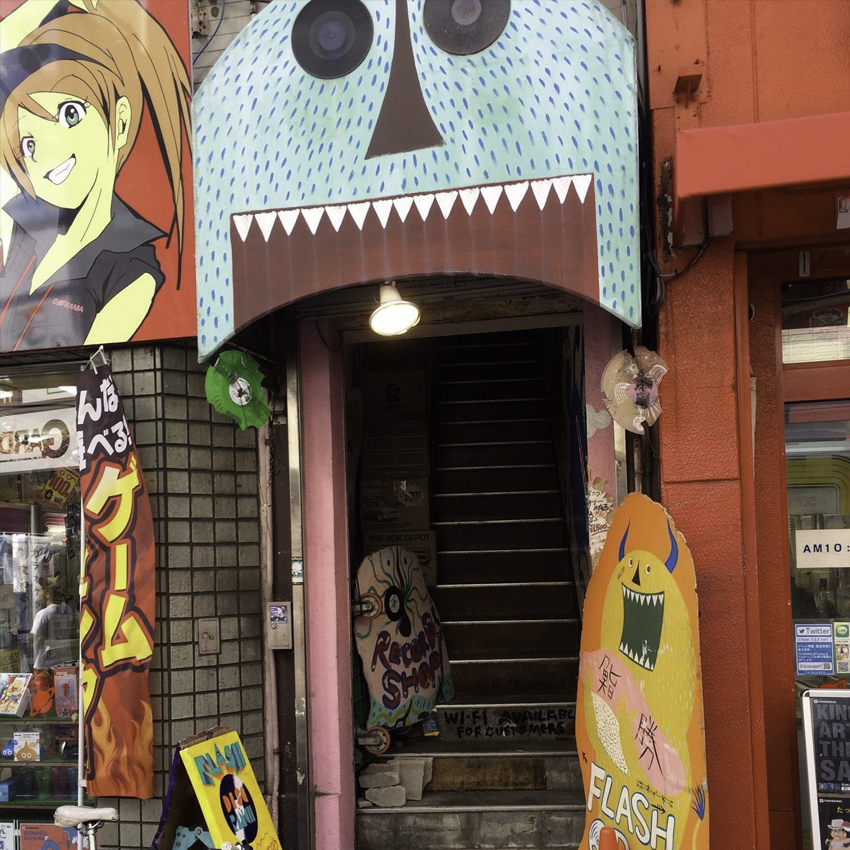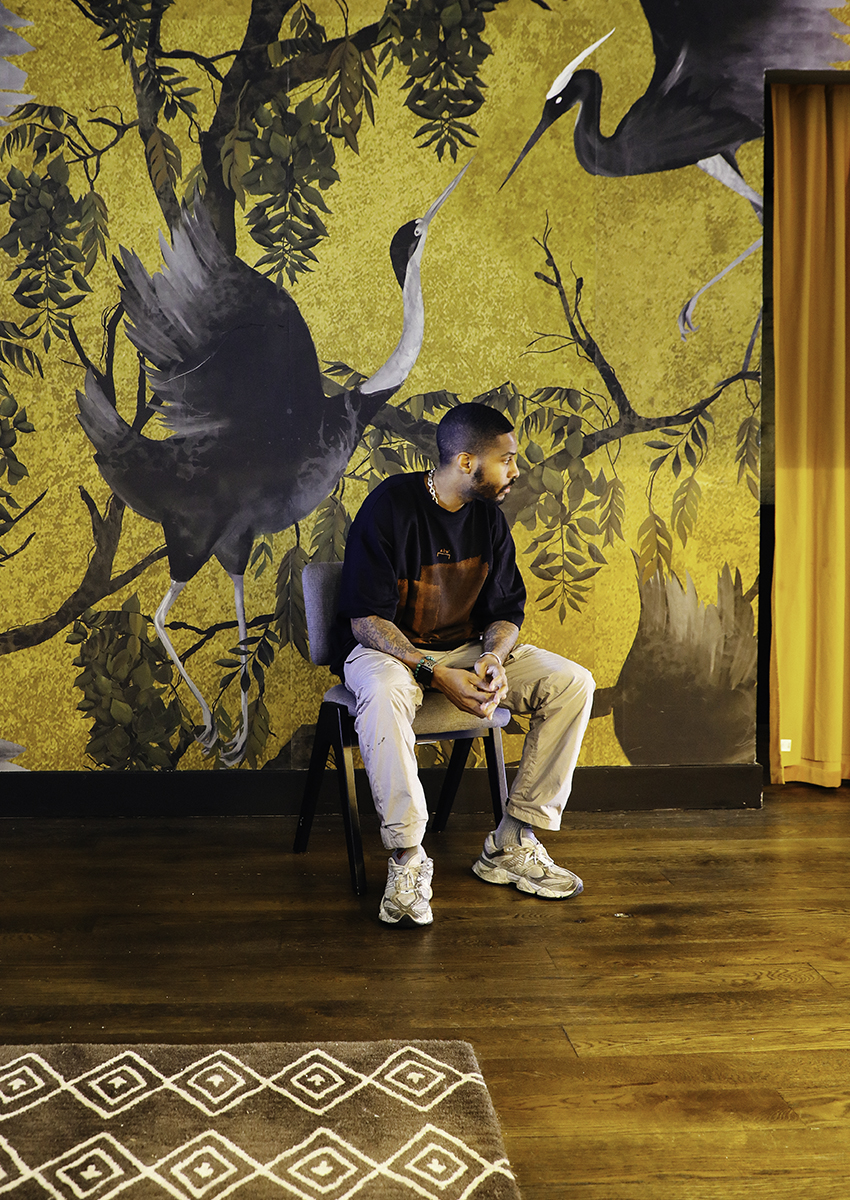You can measure 10 years on the calendar. You can measure 10 years by sales. Or, if you’re Katsuya Fukushima, you can measure 10 years all the way to outer space.
Fukushima is one third of the talent behind Daikaya Group, the standard bearer of Japanese restaurants in Washington, D.C.
Together with restaurant visionaries Daisuke Utagawa, a sushi chef, television show host and a worldly sage who’s lived in Japan, Italy, France, Switzerland, the United Arab Emirates and the United States; and Yama Jewayni, a natural scene-setter who developed DC’s iconic Eighteenth Street Lounge—Fukushima and his team became known for their exacting dedication to Japanese cuisine and a certain sensibility that edges on timelessness and ahead of its time.
In 2013, they opened one of the city’s first ramen shops, back when ramen was found fried and dried in a shiny bag with seasoning packets. Ramen, the art form, was mostly unknown in Washington, D.C.
Working at José Andrés’ Cafe Atlantico, Fukushima knew Utagawa from his living in the same building, just above the downtown restaurant. After 15 years with Andrés—opening restaurants as varied as the Mexican Oyamel to the cutting edge molecular gastronomy haven minibar—Fukushima was ready to try something else.
At a mutual friend’s party, Fukushima and Utagawa found each other at the barbecue.
“We just started talking,” says Fukushima, who was born in Japan and raised everywhere from Hawaii to Maryland. He asked Utagawa, “Are you working on anything?”
“Actually, we are,” replied Utagawa, a partner in the revered Sushi Ko.
The two met a week later with Jewayni. Fukushima never envisioned cooking the food of his heritage, but he was ready to leave minibar for a ramen bar. Understanding the landscape, and hedging their luck with vertical real estate, Jewayni said he’d build a bar above the ramen shop. That turned out to be the Izakaya, an effortlessly cool spot with inventive Japanese small plates and snacks.
In the years since, the team opened Bantam King just around the corner, featuring fried chicken and chicken ramen; Haikan, another ramen spot with plenty of small plates; Hatoba, a ramen restaurant with an emphasis on wide-ranging Asian pub fare; and Tonari, right next door to Daikaya’s ramen shop and izakaya, which basically introduced wafu-Italian cuisine to the United States.
When Tonari’s space became available, the already existing pizza oven dictated the type of restaurant it would become. Wafu pasta has a long tradition in Tokyo, but Fukushima invented his own take on a Japanese-style pizza, which marries Detroit’s deep-dish format but uses Hokkaido-grown wheat for its flour. Toppings include Japanese flavors like a corn sauce with a Kewpie-mentaiko cream and pickled wakame and yuzu kosho.
The year Tonari opened, 2020, Daikaya Group won the prestigious RAMMY award for Restaurateurs of the Year by the Restaurant Association Metropolitan Washington.
“Inspiration is easy, it’s everywhere,” says Fukushima. “What’s hard: execution. What’s even harder: consistency.”
Only someone who can be credited for starting the now nationwide trend of wafu-Italian cuisine can so quickly dismiss creativity. Because knowing what will be the next “it” food is a simple exercise for a chef of this caliber. Harder is getting your chefs to get it right every time. Fukushima’s culinary hero: the never-wavering efficiency and identicalness of McDonald’s restaurants all over the world.
To come up with something is easy, he says.
He says this after explaining the process of trying to figure out how to measure and account for every noodle ever sold at Daikaya’s ramen shop, from tip to tip, to see if this one long, 10-year strand breaks through our atmosphere.
